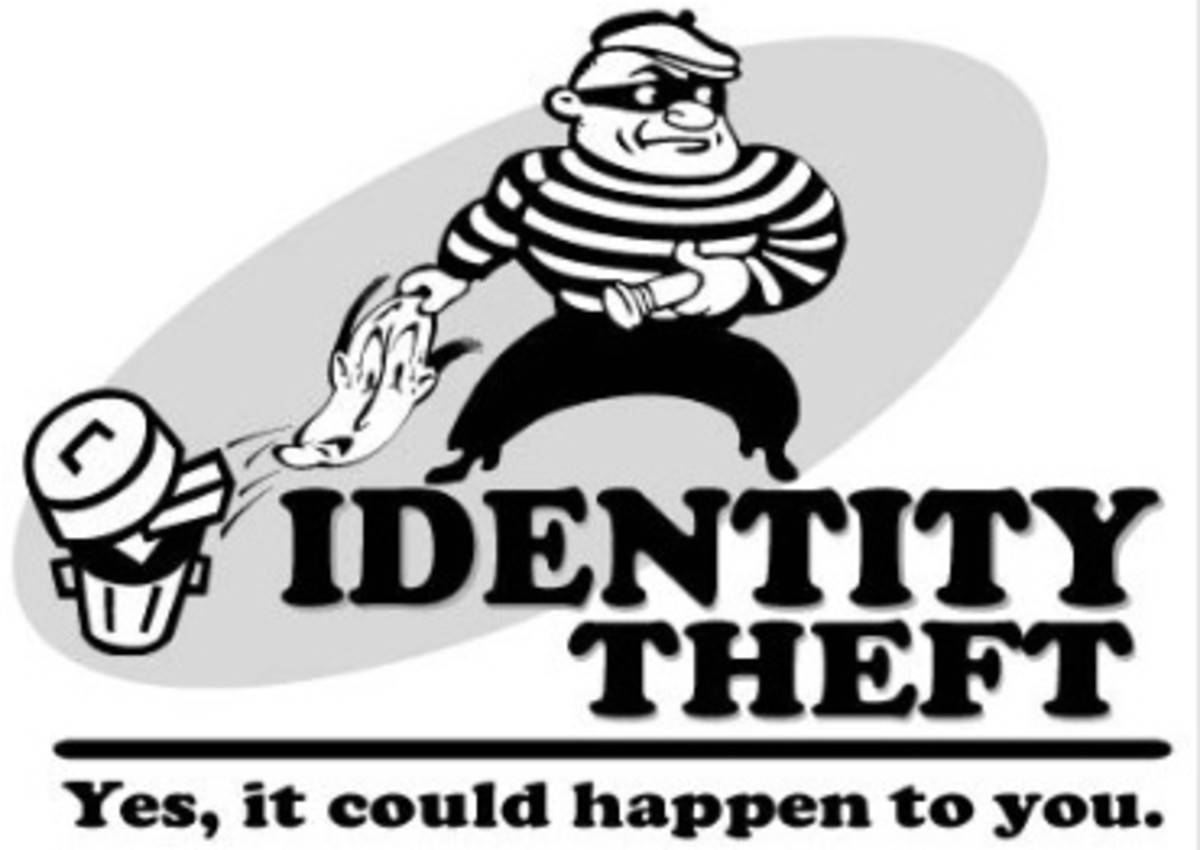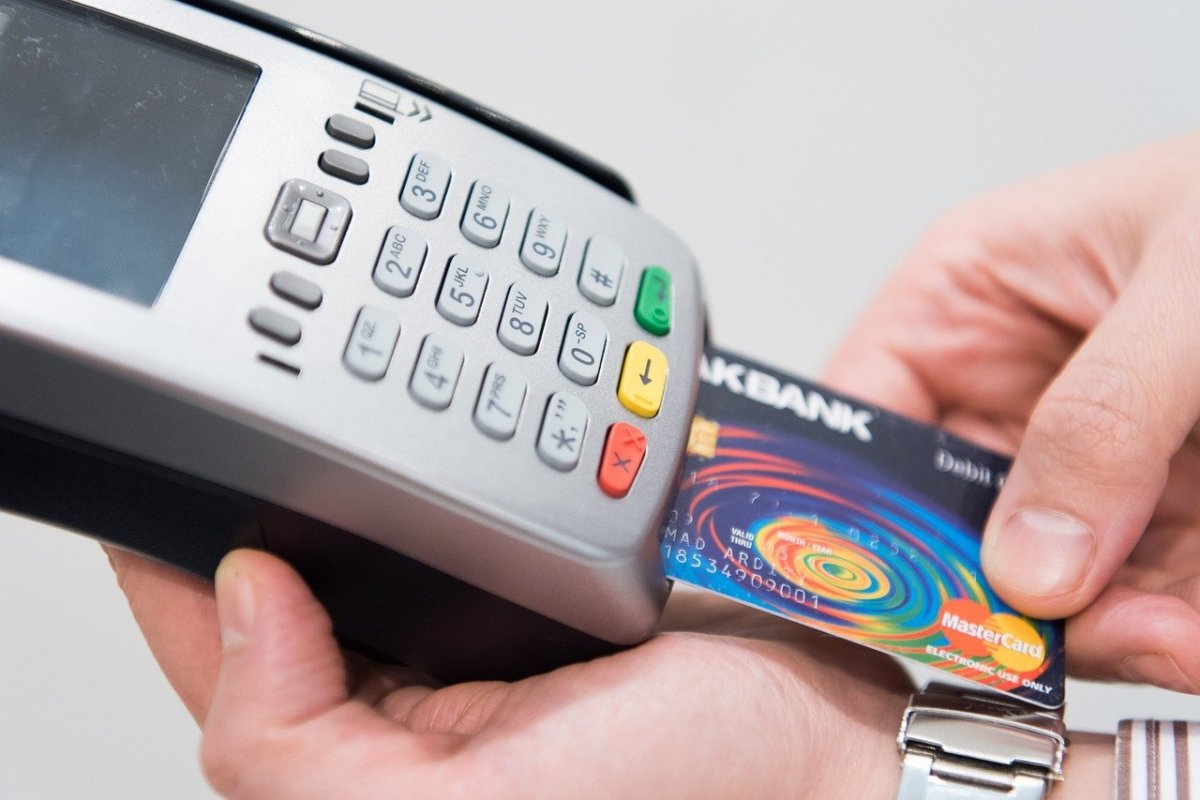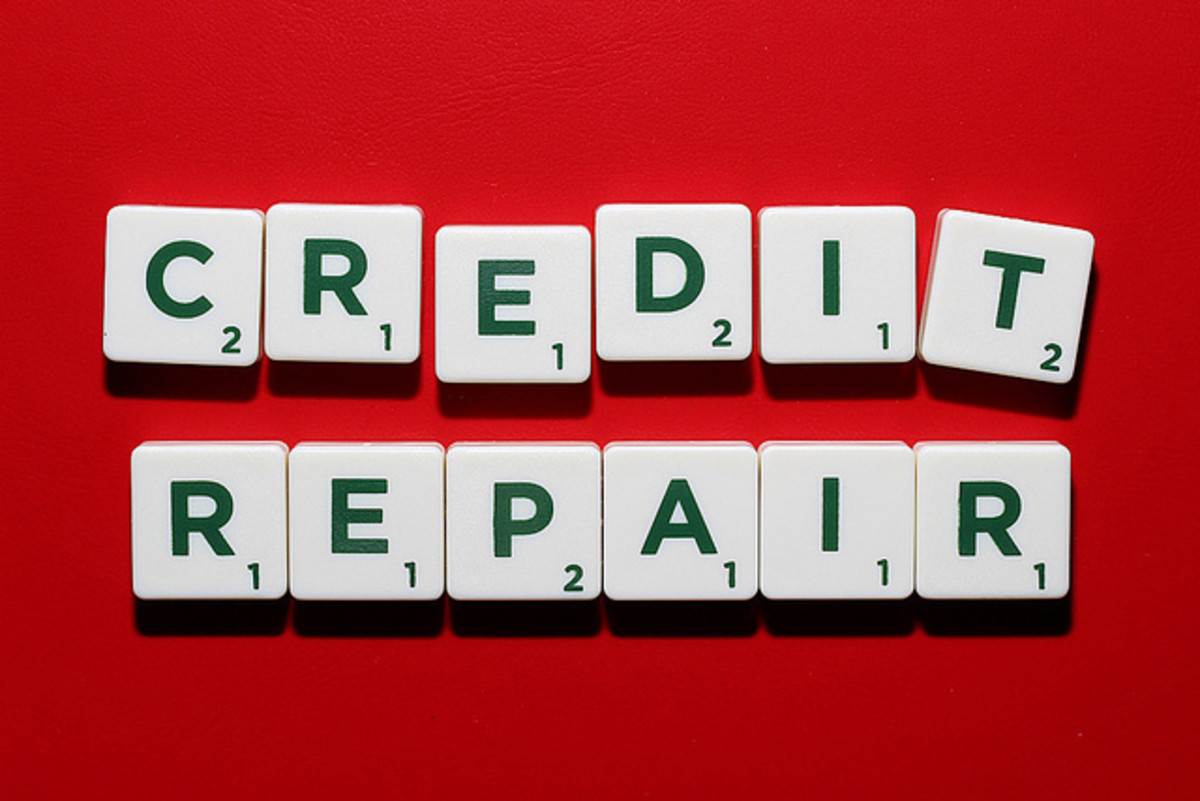How to Handle Credit Report Errors
Check Your Credit Report for Accuracy
At some point in time, you will most likely have to handle a error that a financial institution has made with your bank savings account. Vigilance is the first prevention to making sure the error is corrected. The second prevention is knowing how to handle it efficiently and what your rights are to get it corrected. There is always more to learn, but below are a few ideas on how you can take charge of making sure your financial records are accurate: .
It is important to monitor your credit rating to make sure everything on the report is accurate. It is your right to request these errors be corrected. It is the responsiblity of the credit reporting agency and the information provider to make these changes. The best procedure to do this is to:
- Tell the credit reporting agency about the dispute. Be sure to do it in writing. Many times there is a specific address to send the information to
- Know that the agency must check the details of the discrepancy within 30 days. If the case is frivolous or too trivial, they may not respond.
- All the information you give them, must be forwarded to the information provider by the credit reporting agency.
- The information provider must evaluate the data and respond back to the credit reporting agency.
- If there is an inaccuracy on their part, they must notify all three credit reporting agencies so that the information will be corrected.
- After the results are confirmed, the credit reporting agency has to send you written conclusions and provide you, if the investigation yielded changes, with a free copy of your credit report This free report is in addition to your free annual reports you can get each year.
- If there is a change, the data can not be put back on your credit report again.
Learn More About Credit Reports
- Creditophobia - Whats My Credit Score? Getting a Free Credit Report
Creditophobia - Credit Cards and Credit Card Deals to Be Aware Of Many people want to know whats my credit score? You can find out your credit score through your credit report that is done by one of...
Correcting Errors

You Have Rights
Sometimes you may not get the resolution you are looking for. When this happens, you can ask that your request for an investigation be included in your current and future reports. This statement has to be included every time the information provider reports this to a credit reporting agency. For a fee you can require the credit reporting agency give your notice of dispute to those who got a copy of your credit report recently.
As a consumer, you have rights to have knowledge about and to protect your credit rating. The FTC (Federal Trade Commission) is on your side to protect you against fraud and deception that may hurt your credit worthiness. The FTC is on the lookout for these bad business practices, and to teach you how to avoid and stop identity theft and other fraudulent acts as soon as you become aware of it. Go to ftc.gov/credit for more information. Call 1-877-FTC-HELP (1-877-382-4357); TTY: 1-866-653-4261, or visit ftc.gov to make a complaint or get help with consumer related issues. The FTC takes your complaint and reports it into an internet database for agencies that pool the information for civil and criminal law enforcement agencies to share in the U.S. and throughout the world.
How to write a credit dispute letter
Bank Savings Account Protection
- The Electronic Fund Transfer Act which puts a limit on your liability as a consumer for use of unauthorized debit card use, ATM card use and other electronic banking withdrawl systems.
- The Equal Credit Opportunity Act makes it illegal to discriminate against a person who is applying for a loan because of gender, age (must be of legal age) race, religion, marital status, ethnicity, or if they are on government assistance, or disability.
- The Fair Credit Billing Act gives you the right to dispute credit card purchases and creates a set of procedures to enable you to correct mistakes on your credit card bills
- The Truth in Lending Act states that the creditors must give information about APR (annual percentage rates) and all other fees to the consumer so you can know the cost of the loan and the fees tied to credit cards. If your credit card is lost or stolen, this law protects you also.
- The Truth in Savings Act helps stop deceptive and false advertising pertaining to checking and savings accounts. This law necessitates disclosure of interest rates and other expenses related to your savings and checking accounts.
FDIC Covers Your Money in Bank Savings Accounts
If you do have a complaint about any of your bank savings accounts, including your , checking accounts,CD's and accounts where you place your money, here are some ideas to settle the issue:
- Communicate directly with the bank or financial establishment you are having the issue with. Usually, this is the fastest way to resolve the situation. Have your bank savings account information and pertitent data readily available. Know what you want out of the encounter, and be professional, calm, cool, and collected so that you can make your point intelligibly. The person you are dealing with will respond better if you are level headed throughout the conversation. Continue to ask to speak to a higher executive, if the person you are dealing with is unable to help you. Very often the first people you call, are the “gatekeepers” and are not in any position to be able to make higher level decisions. With each person you speak to, be sure to get their name and keep good records of your conversation and mark the date, should you have to refer to it in future dealings.
- Sometimes the most effective way to get an issue resolved is to put it in writing. Some consumer protection laws make it mandatory that your complaint be put in writing. Make sure you get the address from the financial instution, where complaints are to be sent. It may be a different address for filing a complaint than where you send your payments or other correspondence. Keep a copy of what you send them, and back everything up with paperwork that supports your claims.
- Act promptly. Procrastinating may cost you your rights to corrective action. There are some laws that put a time restraint on settling a problem, so get on it as soon as possible to get the most from the protection offered you.
- If you have tried, but been unsuccessful, it is important to know that there are governmnet regulators that you can turn to for assistance in settling the issue. Very often there are state agencies that monitor and regulate the financial institution. There are many laws that protect your money in bank savings accounts and other type of bank accounts. Contact the FDIC part of the federal government to find out more of your rights and how they can help you. The FDIC (Federal Deposit Insurance Corporation) is part of the federal government that came into being in 1934, after the stock market crash of 1929 and people lost their money in their bank savings accounts due to bank closures. The FDIC protects depositors money in U.S. banks up to $250,000 per bank, per depositor. You do not have to be a U.S. citizen or a resident to be covered. All of your bank savings accounts and all types of banking accounts are covered, including checking, and CD’s etc. Money market and stock investments, even if done with your bank, are not covered.
- Visit www.consumeraction.gov to get the Consumer Action Handbook which will help you gain more knowledge about your rights and action you can take to protect yourself when dealing with non banking institutions, which include brokerage companies and dealing with the insurance industry.
- If your bank savings account is with an online bank, be sure the company is legitimate and that it is located in the United States so that your money is protected by the FDIC. Not all online banks are insured. Many have their headquarters overseas. It is important to know if your bank savings account is protected by the Federal governmnet.








